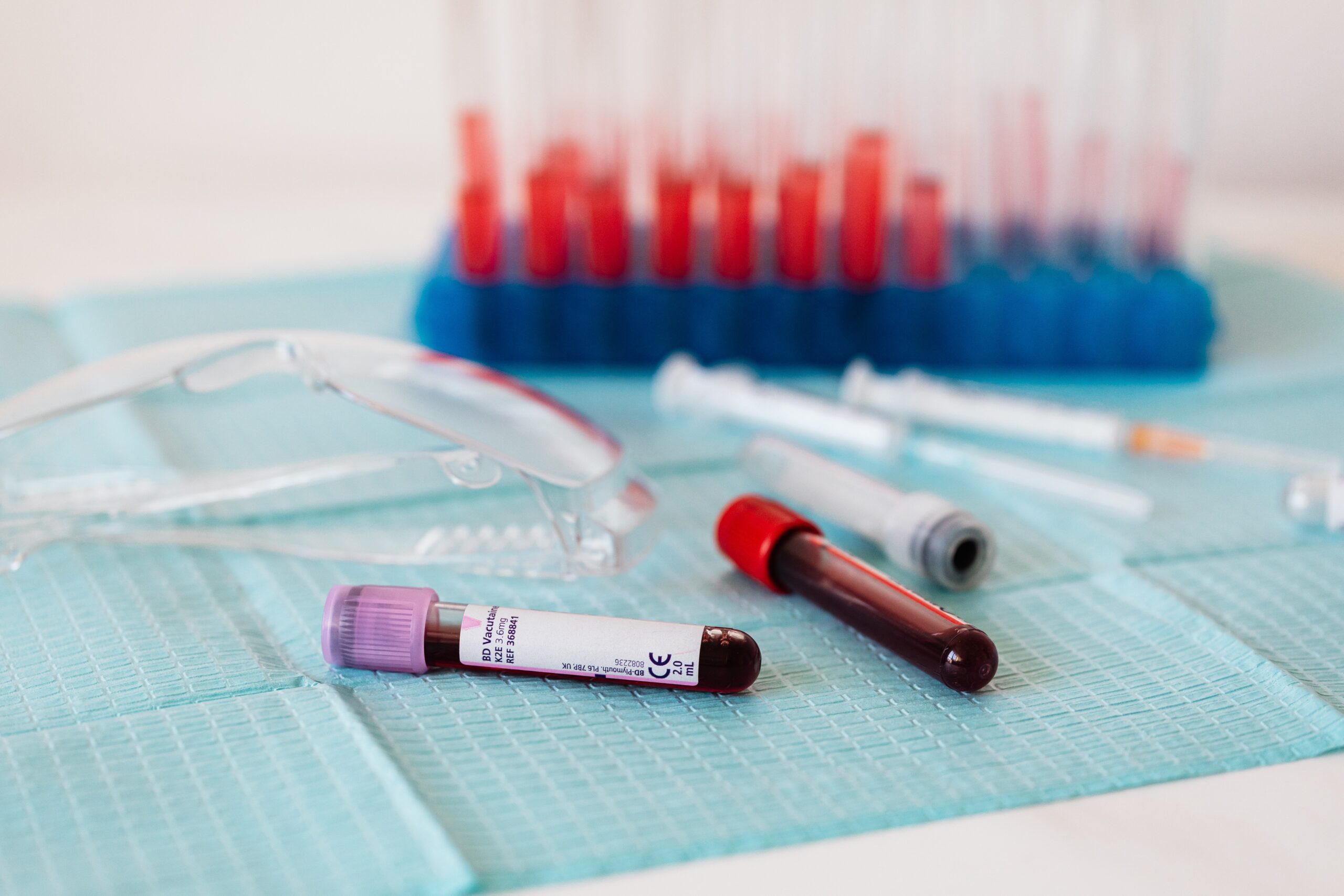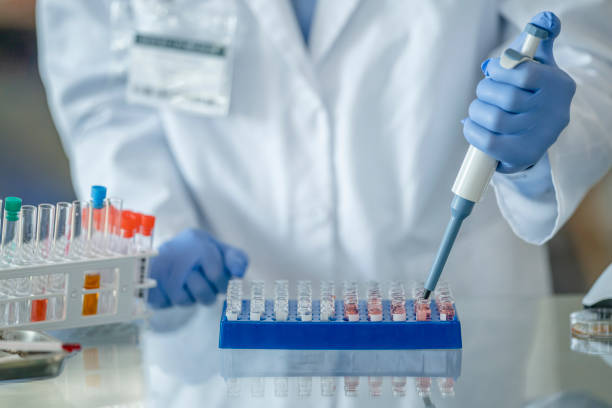India grapples with a staggering 60% of the world’s heart disease cases, while representing less than 20% of the global population, according to public health statistics. Moreover, younger individuals face rising obesity and hypertension rates, which contribute to an increased risk for early-onset heart disease. In India, half of all heart attacks in men occur before the age of 50, and a quarter before the age of 40. Women also experience high mortality rates due to heart disease.
Various lifestyle factors, such as poor habits, inactivity, obesity, and smoking, lead to heart conditions in young Indians. Alongside diabetes, hypertension, and high cholesterol, elevated blood homocysteine levels represent another independent risk factor for heart disease. Dr. Sameer Gupta, an Interventional Cardiologist and Head of Cardiology for the Metro Group of Hospitals, elaborates on the role of homocysteine testing in gauging heart disease risk.
Tata 1mg Labs recently conducted an analysis of data from 4609 homocysteine tests performed in Mumbai over a two-year period. The findings showed that 87.57% of the individuals tested had above-normal homocysteine levels, making them prone to heart issues like blood clots, heart attacks, and strokes. Notably, women had better results than men, with only 36.84% presenting elevated homocysteine levels, compared to 62.93% of men.
Dr. Gupta emphasizes the importance of considering homocysteine levels alongside other risk factors and patient profiles. Although high homocysteine levels are linked to increased risk, there is no conclusive evidence that reducing these levels will lower heart disease risk. Nevertheless, it is critical to undergo regular heart health check-ups and detect heart conditions early for effective treatment and improved health outcomes.




